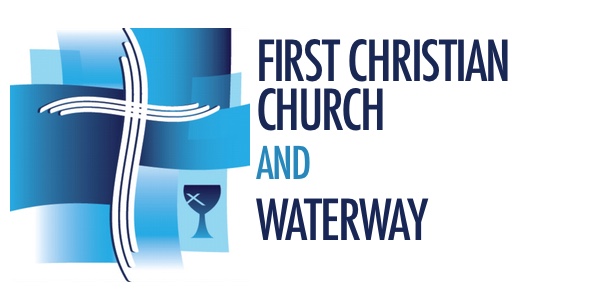As an avid reader of mysteries and other novels, I appreciated Cody’s message on Sunday about getting caught up in the story as he reads. He used that experience as a metaphor for the kingdom of God, an alternative reality living alongside this material one.
I found myself taking the metaphor in another direction. As Cody painted his picture of sitting up late at night, gripped by the problems that beset the characters, I thought about the way we do that with our own lives. Our personal dramas take on the quality of a story, and we are consumed by the narratives we find ourselves living within.
Many of these story lines revolve around some kind of threat. The more we dwell inside that story, the stronger our fear becomes. When I’m approaching the climax of a mystery novel, my heart beats faster and my skin prickles in anticipation. I find myself sitting bolt upright on the couch, rather than relaxing against the cushions.
Something similar happens when we engage the fears that fill our minds. It’s not that fear isn’t valid — there are good reasons to be cautious, and fear is an indication that we are facing a threat. That’s where the fight or flight response comes in (and, some would add, freeze).
But we tend to exaggerate the threat long after the initial response has passed — or long before the imagined situation even arrives! We dwell on our fears, creating the same kind of physiological response I described when reading a tense or scary story. We scare ourselves, in essence, using our own thoughts to do so.
There is another way. We can let go of the scary storyline once the immediate threat has passed. We can recognize fears about the future as just that — fear, which is something different than reality.
We can turn to God in trust, letting our story, no matter how fearsome, be held within the larger story of God’s love.
What scary stories do you tell yourself? Is there one of those stories you might let go of?
